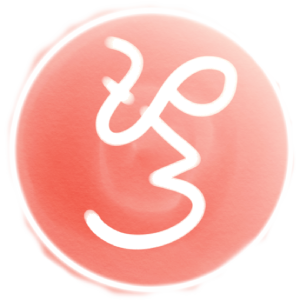The pursuit of knowledge for knowledge’s sake is criticized or, less harshly, discouraged. This is true in academia (and frankly in business/economics) where there’s an emphasis on profitability and application to career.
In PKM communities, note-takers are encouraged to ask themselves why they take notes. “I want to become a better learner” is apparently not enough, in the same way “I want to use a hammer” is not enough. Maybe you want to build a house with that hammer, or maybe you want to fix something that’s broken.
I understand that knowing why I take notes will specify, narrow and guide how I take notes. But I still feel somewhere somehow there’s merit and virtue in knowledge for knowledge’s sake. Think the Renaissance, although arguably all their greatest output were problem-solving instances.
But knowledge for knowledge’s sake was the crux of philosophy: why are we here? What is our purpose? There’s a case for knowing → learning → growing as the purpose of existence. Perhaps this is related to humanism.
As you practice knowledge, your thoughts, understanding, perceptions, analysis skills increase. Growing through this way you become more than what you thought you could become.
Learning is somewhat prized for its eventual application: if it later ends up used to solve a problem, then it was worth it. If it stays in the knowledge bank forever, then it was wasted. The pursuit is the risk.
Learning can stretch and train the mind, exercise the problem-solving muscles for when its ready. But knowledge need always be paired with something like teaching, writing, problem-solving to be of any use.
I hope to someday convince, if only myself, that all knowledge is useful, even if for the sake of just passing it on.
